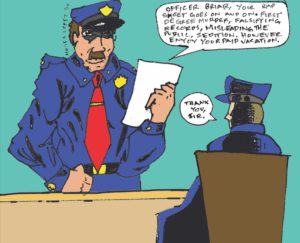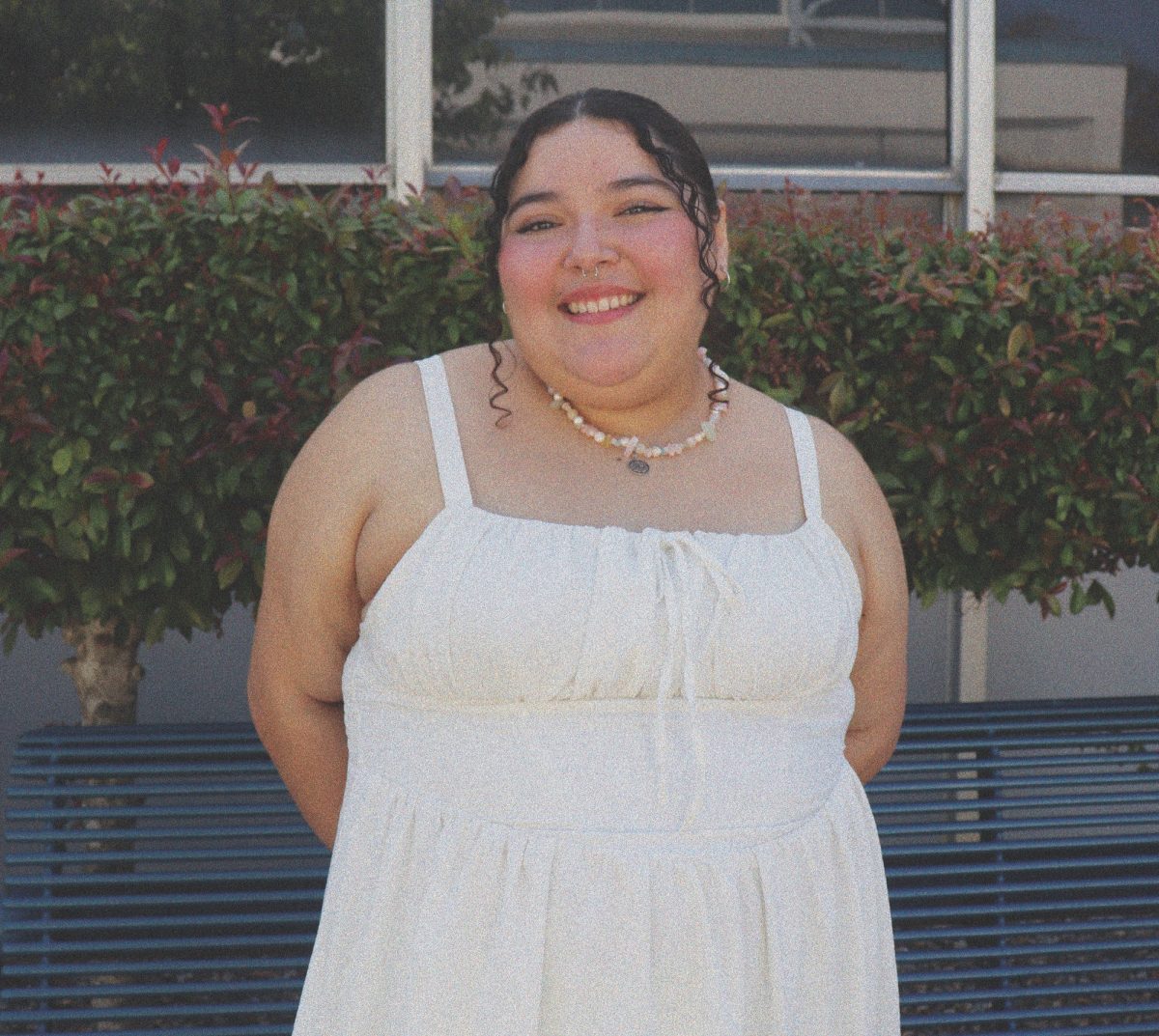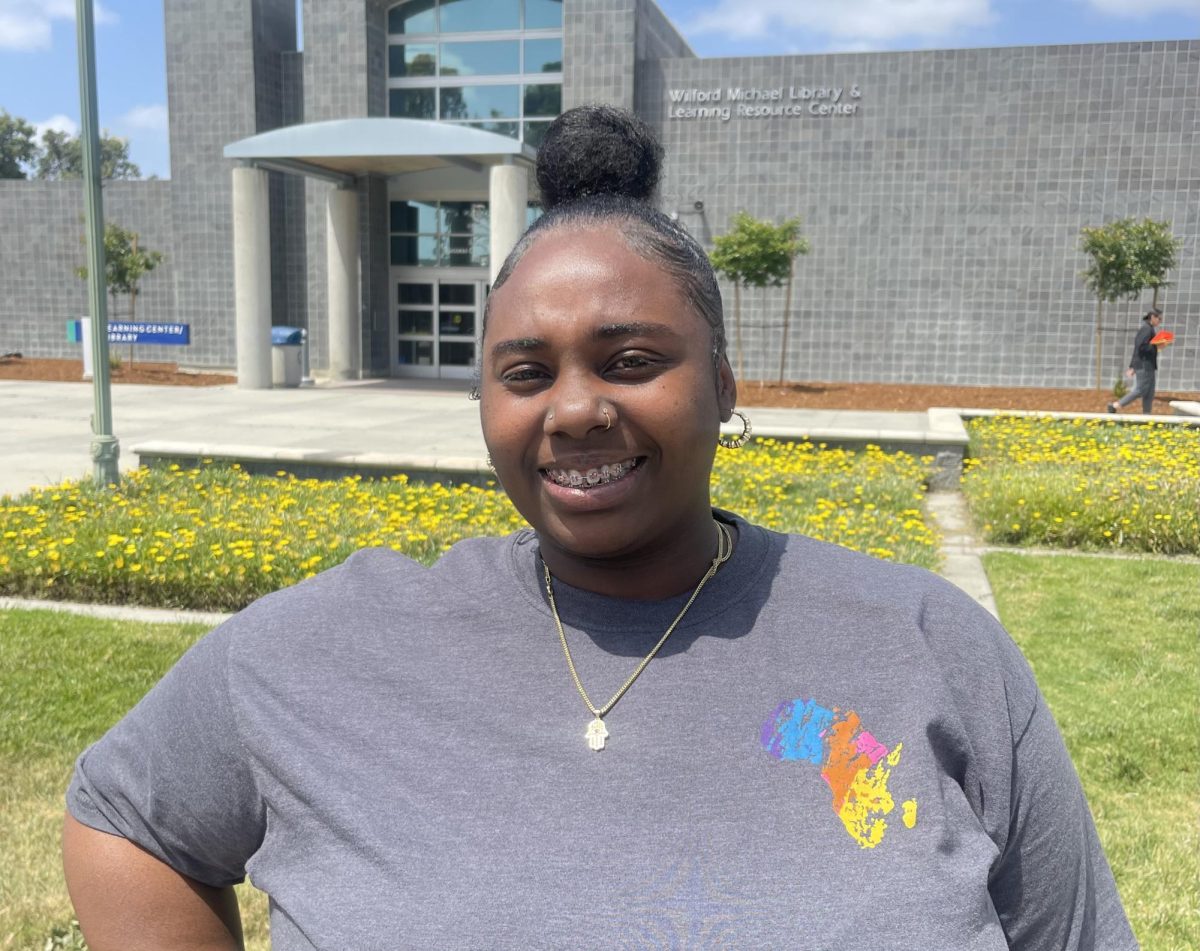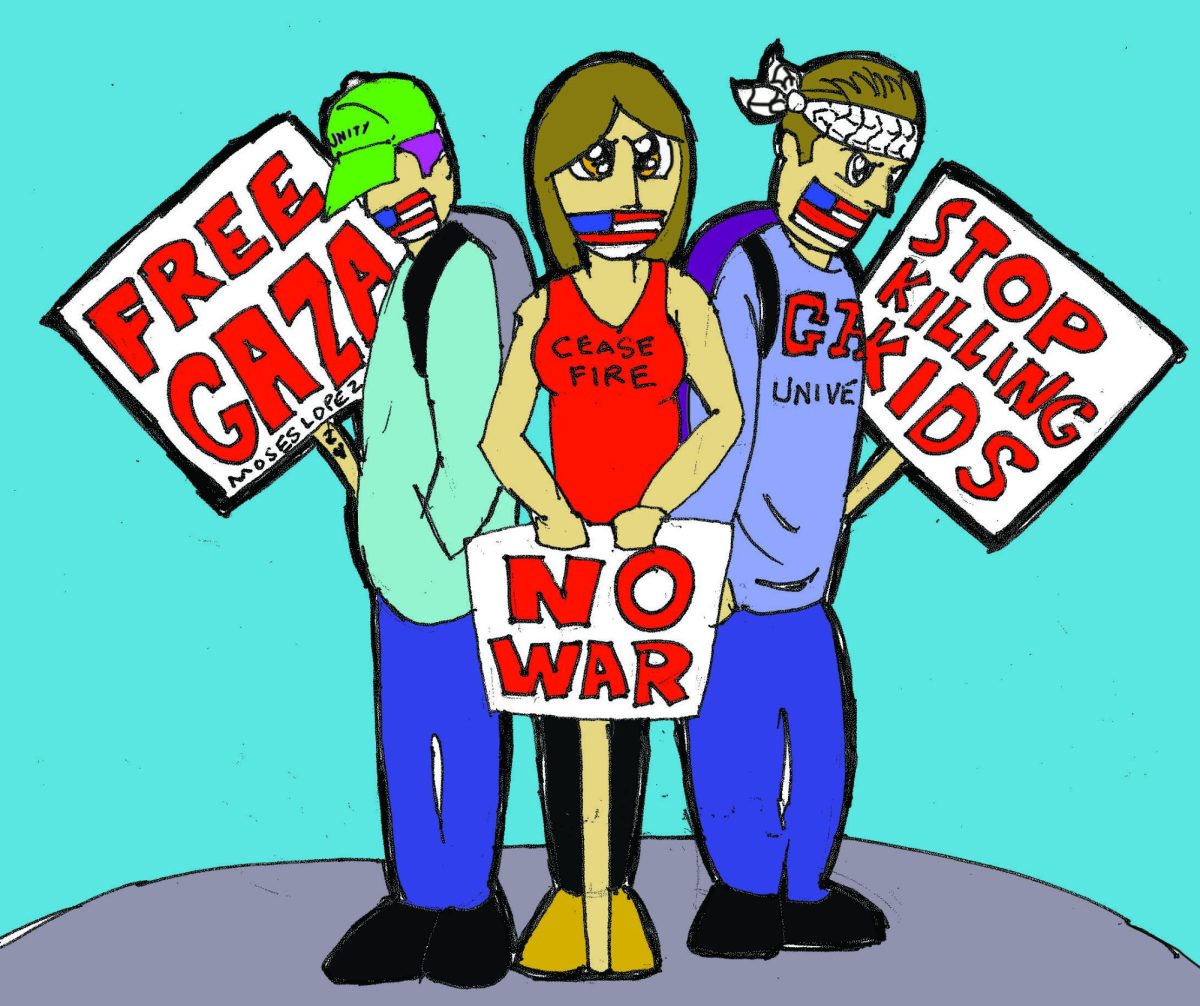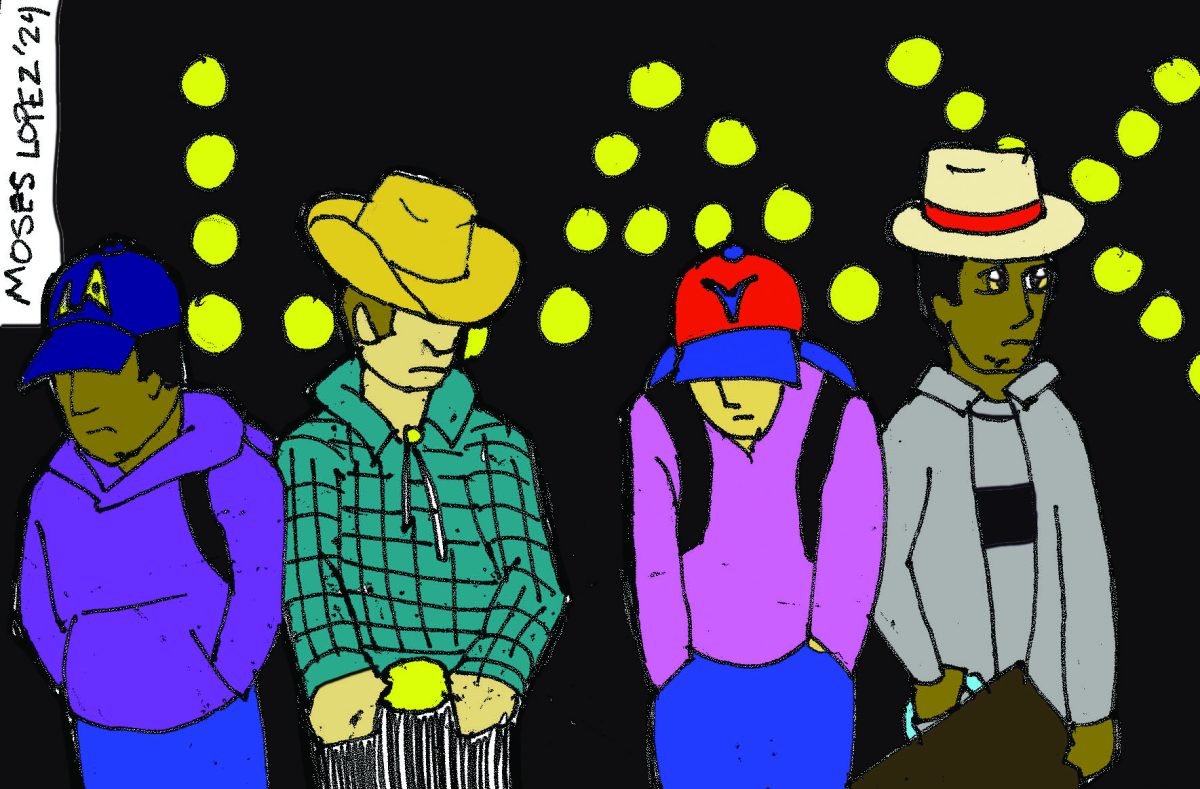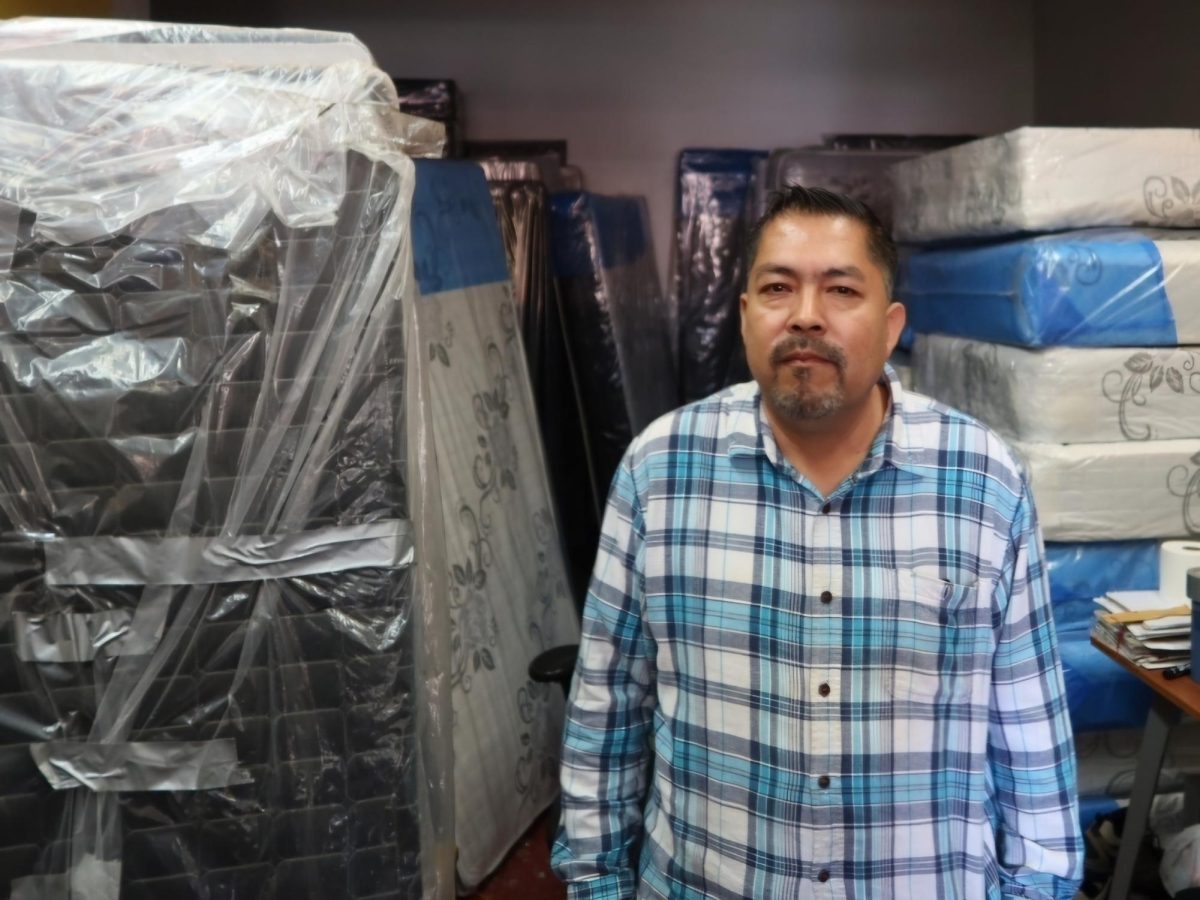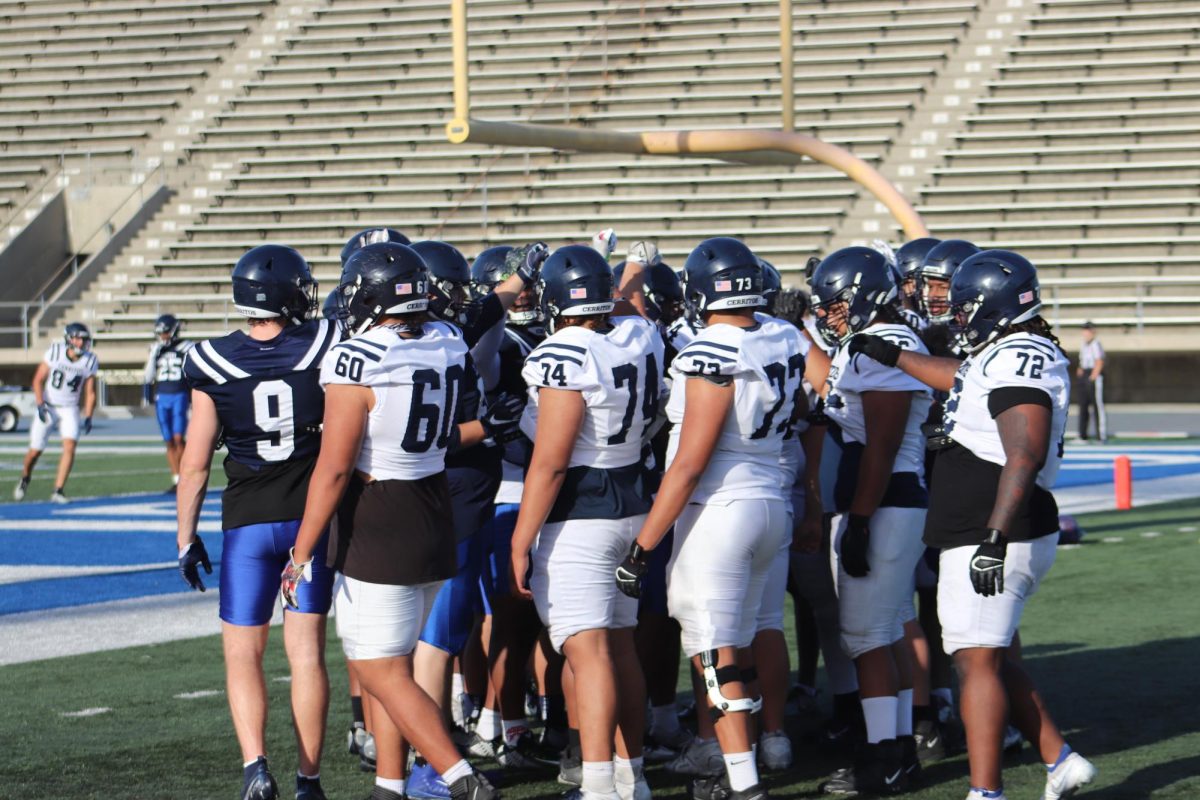Crisis lines claim that callers will speak with caring, trained mental health counselors and characterize themselves as a confidential resource for people in crisis.
The hotlines employ strategies that can be more harmful rather than beneficial to the mental state of their callers.
When calling the National Suicide Prevention Lifeline, callers are presented with an automated message informing them that their call may be recorded which can cause the caller stress.
Recording the calls is a violation of privacy and quite hypocritical considering that the hotlines promise confidentiality.
According to the book “Mad in America” by Robert Whitaker, “When asked what attributes of a hotline they considered when choosing which hotline to use, “no police response” was the second most highly ranked attribute,”
“The most highly ranked attribute was confidentiality, and the third highest was anonymity,” Whitaker adds.
Callers report waiting a long time to be connected to someone and even when connected, they are often put on long holds.
According to Taylor Markarian’s Readers Digest article regarding the suicide hotline, The National Suicide Prevention Lifeline (NSPL) has a carefully structured Suicide Risk Assessment Standard to assess how much of a suicide risk a particular caller is.
“The standard is separated into ‘Suicidal Desire,’ ‘Suicidal Capabilities,’ and ‘Suicidal Intent.’ At the time I made my call, I clearly met the requirements for everything in the ‘Suicidal Desire’ category and all but one factor,” Markarian said in their article.
If the caller does not meet all of the hotline’s criteria for the “Suicidal Intent” category, they are not treated as a priority. Any degree of suicide ideation is a priority because someone’s life is at risk.
The NSPL has systematically treated callers poorly and made them feel unprioritized. The lack of empathy from the connected operator is in no way helpful for someone plagued with suicide ideation.
Every time I was connected to a counselor, I was received with the same routine questions. Every person has different troubles so generalized questions wouldn’t do much good.
The individuals in crisis are left feeling like nobody cares about their struggles, not even the people who are supposed to help.
With the selective prioritization and the routine protocol questions, the way these hotlines work needs improvement. The current strategies to relieve callers in crisis are anything but effective and downright insensitive.
A depressed person needs someone capable of helping them unpack their feelings of distress. Individuals suffering from depression and suicide ideation benefit from empathy for their situation.
Therapists’ jobs are to help their patients with their individual problems by listening, offering empathy and suggesting treatments to improve their mental wellbeing.
Generic protocol questions do not offer empathy or any solutions for the individual.
Hotlines need to employ therapists and counselors who have experience working with patients and discard their system of selective prioritization.
Getting trained counselors employed to help suicide hotlines is an important start.
A change must be made to the resources offered to people in crisis so that lives can be saved.



